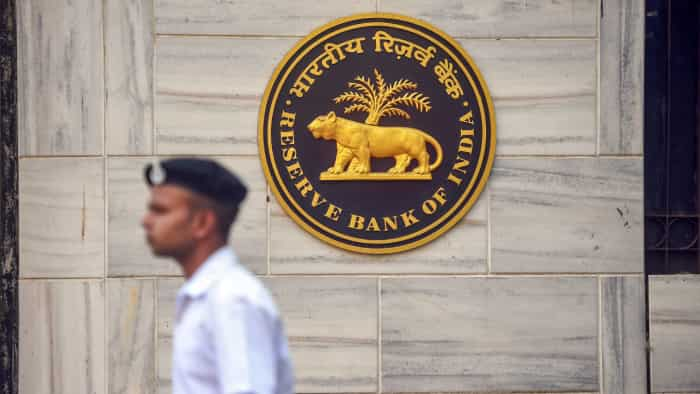Various IT rules and regulations MSMEs, Startups should know
Raj Das, global co-founder and CEO of Hirect India, said that if the developments seen in 2021 are an indicator of the future, Indian start-ups and MSMEs seem to be progressing on the right track.

It is a fact that the Micro, Small and Medium Enterprises (MSME) sector and the Indian Startups are the prime contributors to India’s economy. These businesses add a lot of value to the manufacturing, services and export industries and generate employment in the country. Therefore, it becomes important for such businesses to understand tax regulations because this will certainly impact their operations.
Raj Das, global co-founder and CEO of Hirect India, said that if the developments seen in 2021 are an indicator of the future, Indian start-ups and MSMEs seem to be progressing on the right track. "The government has also shown its support towards startups by introducing timely reforms on the tax and regulatory front along with supporting the MSMEs making their registrations filling easier."
Let's take a look at various rules and regulations for MSMEs and startups:
1. Tax norms help businesses to get clarity on the implications of tax in the finances. A startup after getting recognition may apply for tax exemption under section 80 IAC of the Income Tax Act.
2. Startups that were incorporated between April 2016- March 2022 are eligible to avail the income tax exemption for three consecutive years out of ten years, post its incorporation and they must use the form 10CCB to furnish their audit report along with their income tax report.
3. E-commerce operators are required to impose TDS (Tax deducted at source) at the rate of 0.75 percent while making payments to local e-commerce users as part of the implementation of a new tax scheme under section 194-O in the Finance Act 2020.
4. An act to levy, manage, collect, and reclaim income tax in India is known as the Income Tax Act, 1961. For any prior year relevant to the assessment year starting on or after April 1, 2020, the income tax is payable at 22% on the total income of a person who is a domestic corporation.
5. The budget for 2022–23, which was presented on February 1, included a proposal to extend the availability of the corporation tax rate reduction for newly established industrial units for another year, or until March 2024.
6. The concessional tax rate of 15% has been extended till 2024, as the government wanted to set the manufacturing units faster.
Get Latest Business News, Stock Market Updates and Videos; Check your tax outgo through Income Tax Calculator and save money through our Personal Finance coverage. Check Business Breaking News Live on Zee Business Twitter and Facebook. Subscribe on YouTube.
RECOMMENDED STORIES

Small SIP, Big Impact: Rs 11,111 monthly investment for 15 years, Rs 22,222 for 10 years or Rs 33,333 for 7 years, which do you think works best?

Power of Rs 15,000 SIP: How long it will take to achieve Rs 7 crore corpus? See calculations to know

Power of Rs 5,500 SIP: In how many years, Rs 5,500 monthly step up SIP can generate over Rs 10 crore retirement corpus

RBI Rule: New system for online money transfers to be implemented from April 1, 2025; here's all you need to know
08:28 AM IST









 Punjab & Sind Bank to roll out instant loan scheme for MSMEs based on GST return
Punjab & Sind Bank to roll out instant loan scheme for MSMEs based on GST return Budget 2025-26: Assocham seeks further ease of doing business, credit flow for MSMEs
Budget 2025-26: Assocham seeks further ease of doing business, credit flow for MSMEs GeM registers 1.69 lakh women-led MSMEs for government procurement
GeM registers 1.69 lakh women-led MSMEs for government procurement We are open to idea of alternate financing models for MSMEs: Piyush Goyal
We are open to idea of alternate financing models for MSMEs: Piyush Goyal Indian MSMEs create about 10 crore jobs in 15 months
Indian MSMEs create about 10 crore jobs in 15 months